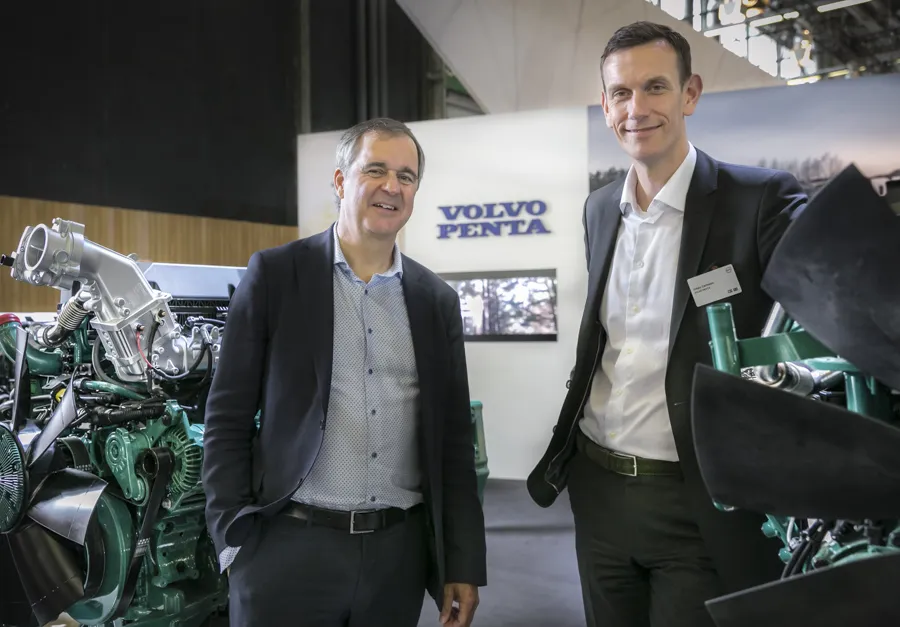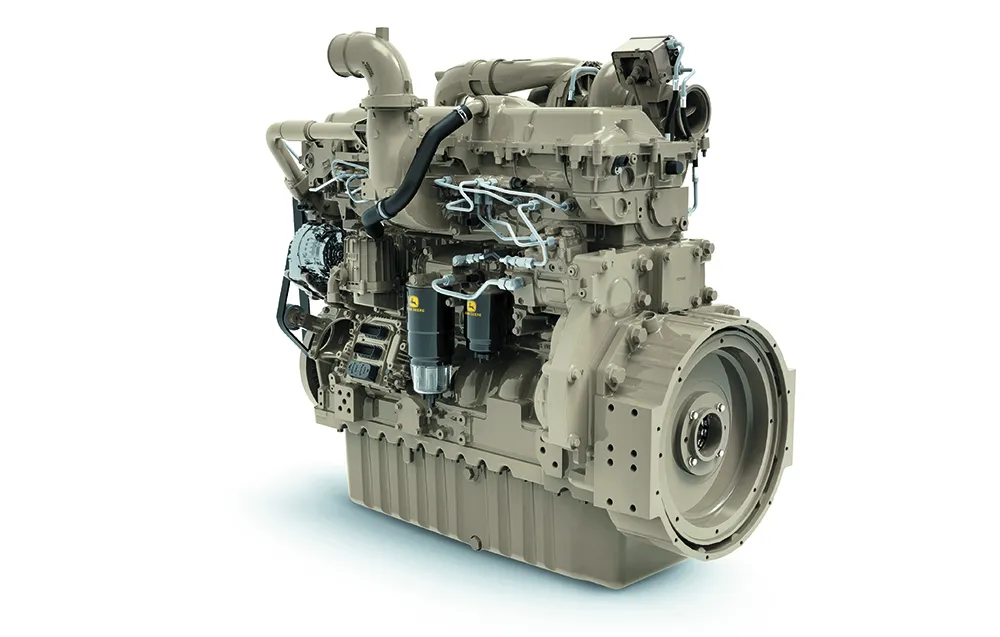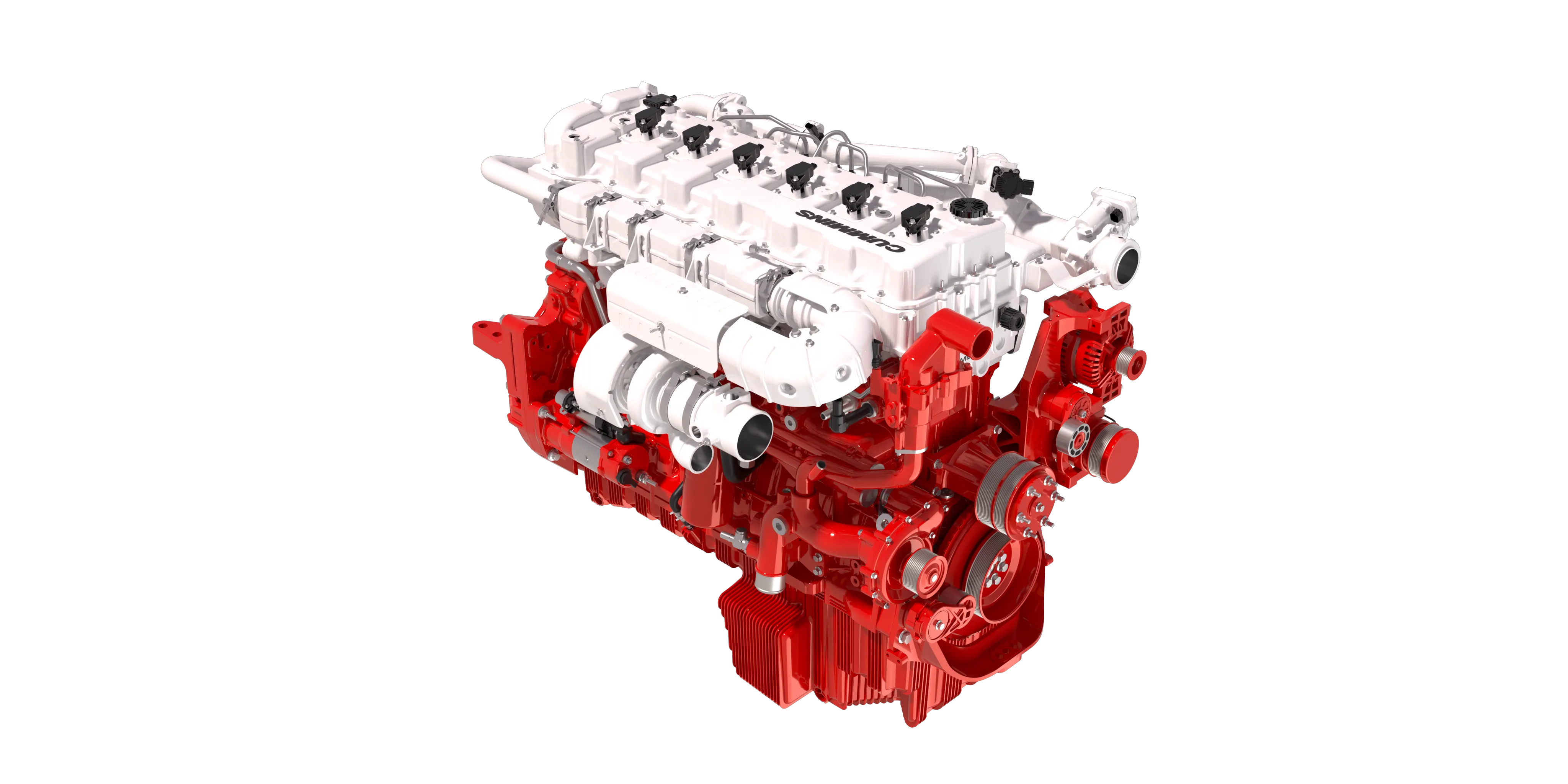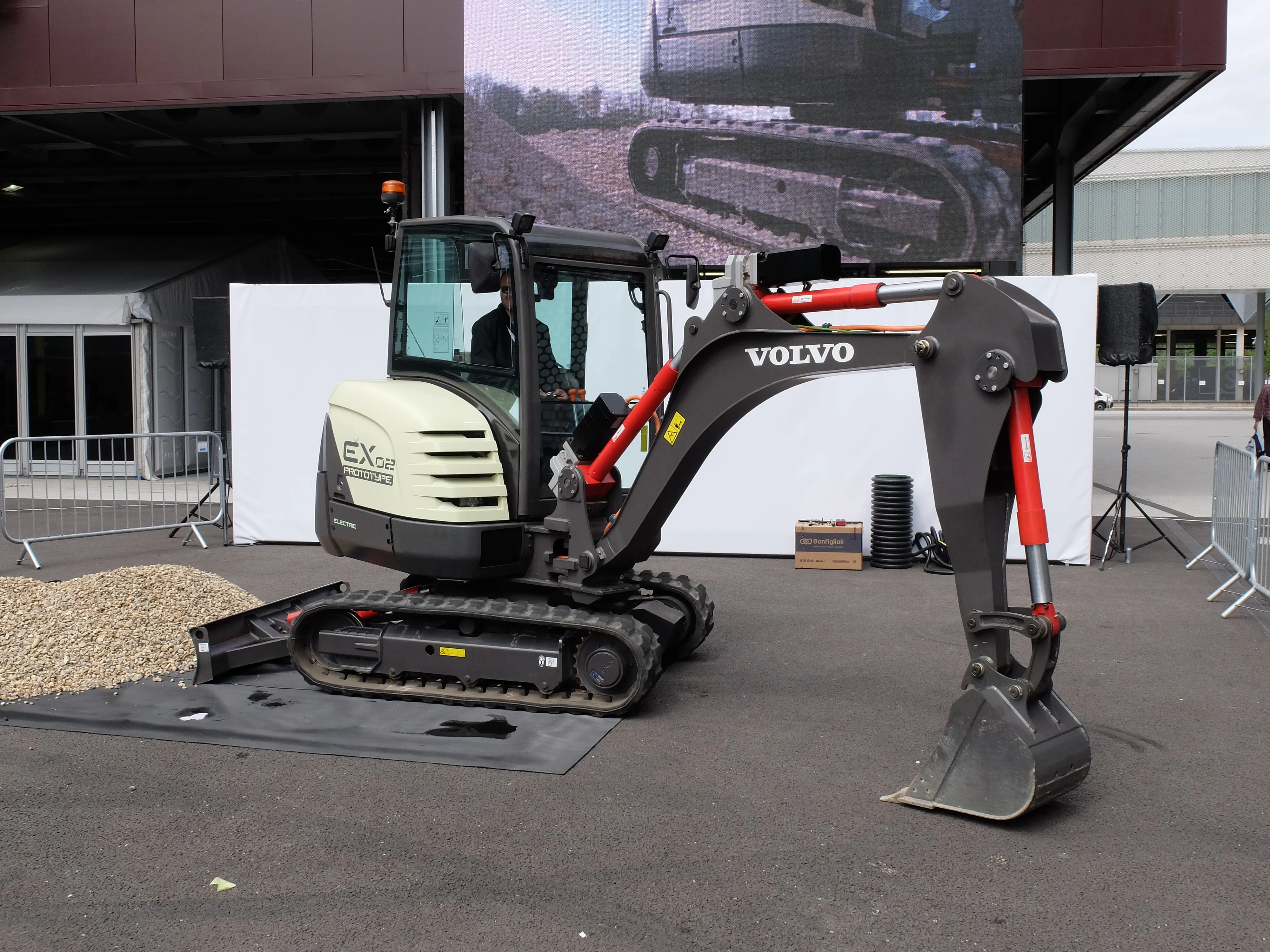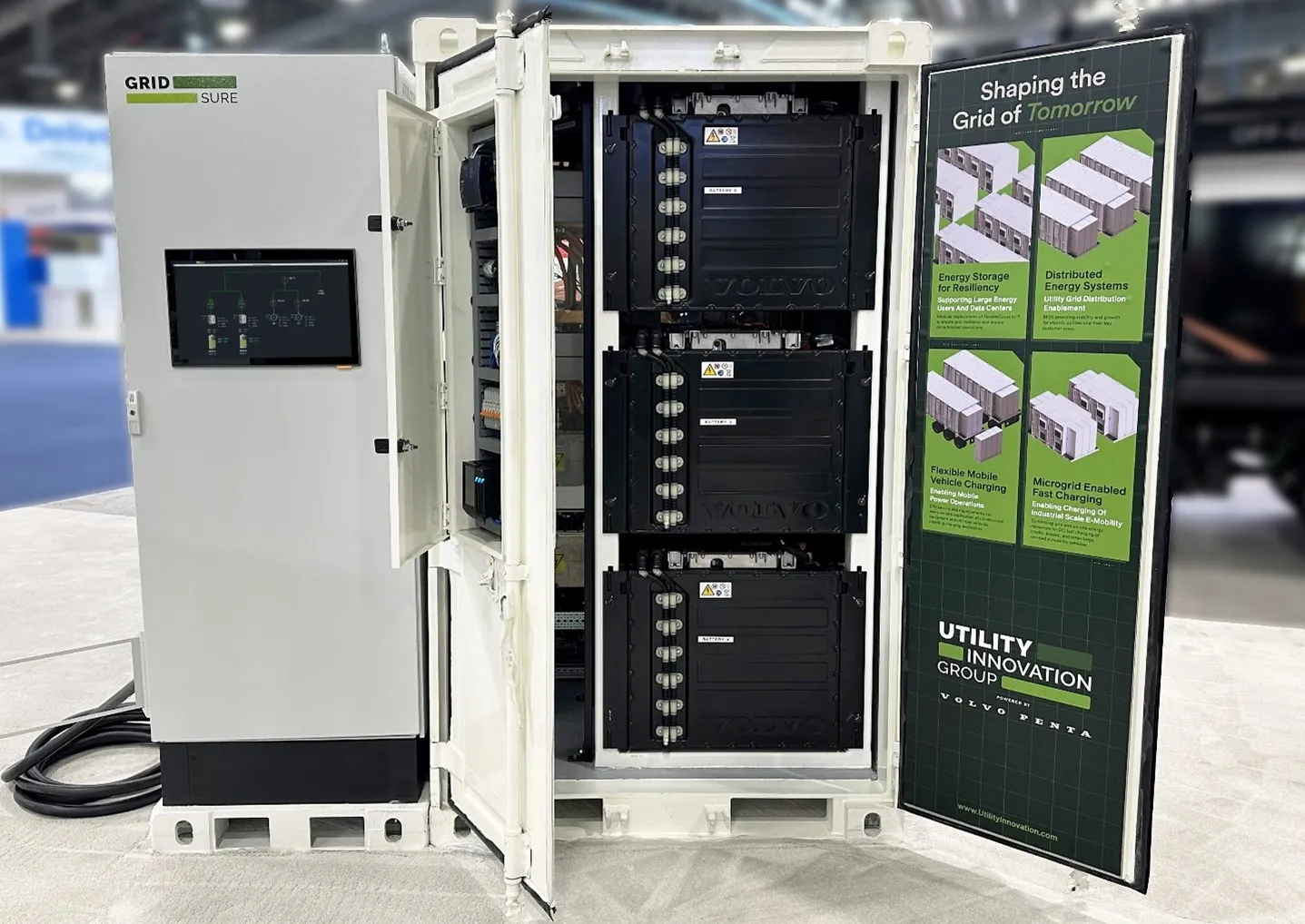
Volvo Penta said it has completed “a follow-on investment” in UtilityInnovation Group which specialises in resilient utility systems and decentralised energy solutions.
UIG specialises in utility protection and controls engineering, substation and distribution development, microgrid development and grid resiliency.
Volvo Penta, part of the Volvo Group, is a global manufacturer of engines and power systems for boats, vessels and industrial applications, with nearly 3,500 dealers in 130 countries.
Volvo Penta initially invested in UIG, based in the US and Ireland, in 2023. A written statement from Volvo Penta said that the latest investment “marks a continued commitment to driving the energy transition” and it “underlines Volvo Penta’s role in the growing global market for energy infrastructure as an independent supplier of energy-dense battery energy storage (BESS) subsystems.”
The exponential demand for data centre power and the complexity of grid evolution can be met by UIG’s skillset and ability to integrate Volvo Penta’s energy-dense and robust BESS subsystems. “This follow-on investment in UtilityInnovation Group reflects our commitment to advancing reliable and efficient electrified power solutions as part of our broader net-zero ambitions,” said Anna Müller, president of Volvo Penta.
The investment will support the development and commercialisation of UIG’s energy storage for resiliency (ESR) platform. ESR is intended to enhance power stability, alleviate the load challenges of energy-intense artificial intelligence or machine learning data centres and optimise large microgrids.
UIG’s integrated controls and asset management platform, GridSure, leverages data-driven insights and cyber-secure AnywhereEngineering tools to manage grid capacity, improve overall system resilience and monitor infrastructure.
“The investment in UtilityInnovation Group highlights the potential we see in our BESS subsystems for high energy demand sectors,” said Hannes Norrgren, president of Volvo Penta’s industrial business. "Entrepreneurial companies like them bring specialized expertise that enhances our capabilities to meet future demands and accelerate time-to-market with pioneering solutions.”
“[Volvo Penta’s] global reach and commitment to sustainability make them an ideal partner as we work to address the critical challenges facing the energy sector today,” said Sidney Hinton, founder and chief of UIG.
The transaction has no significant impact on the Volvo Group’s earnings or financial position.


